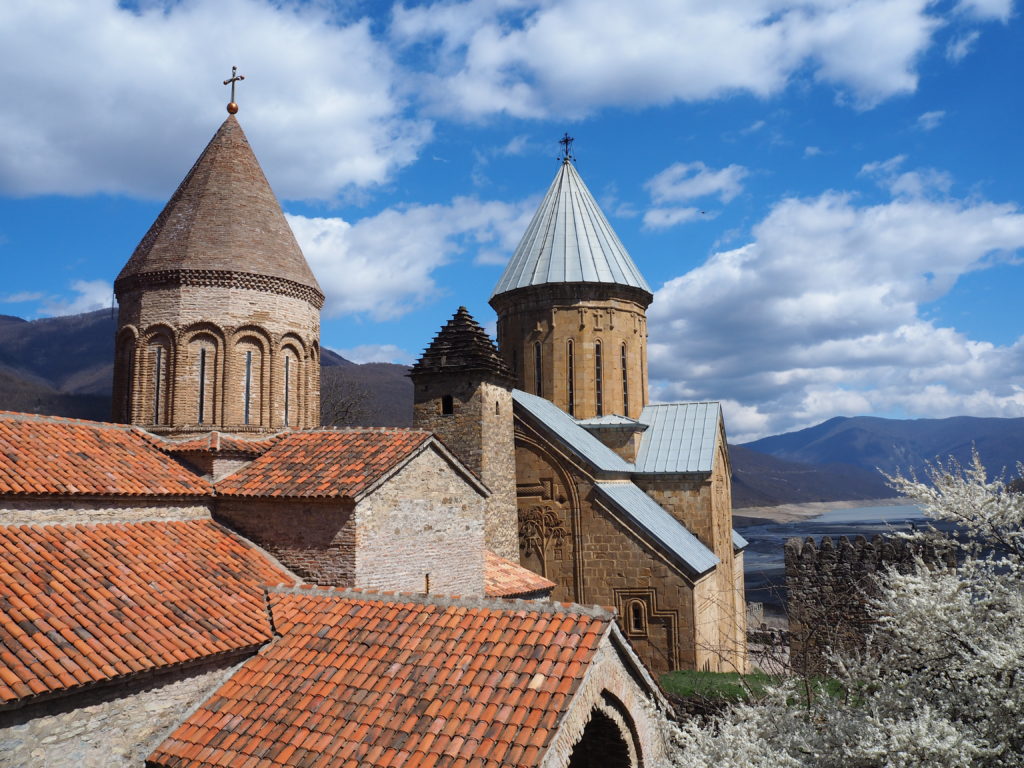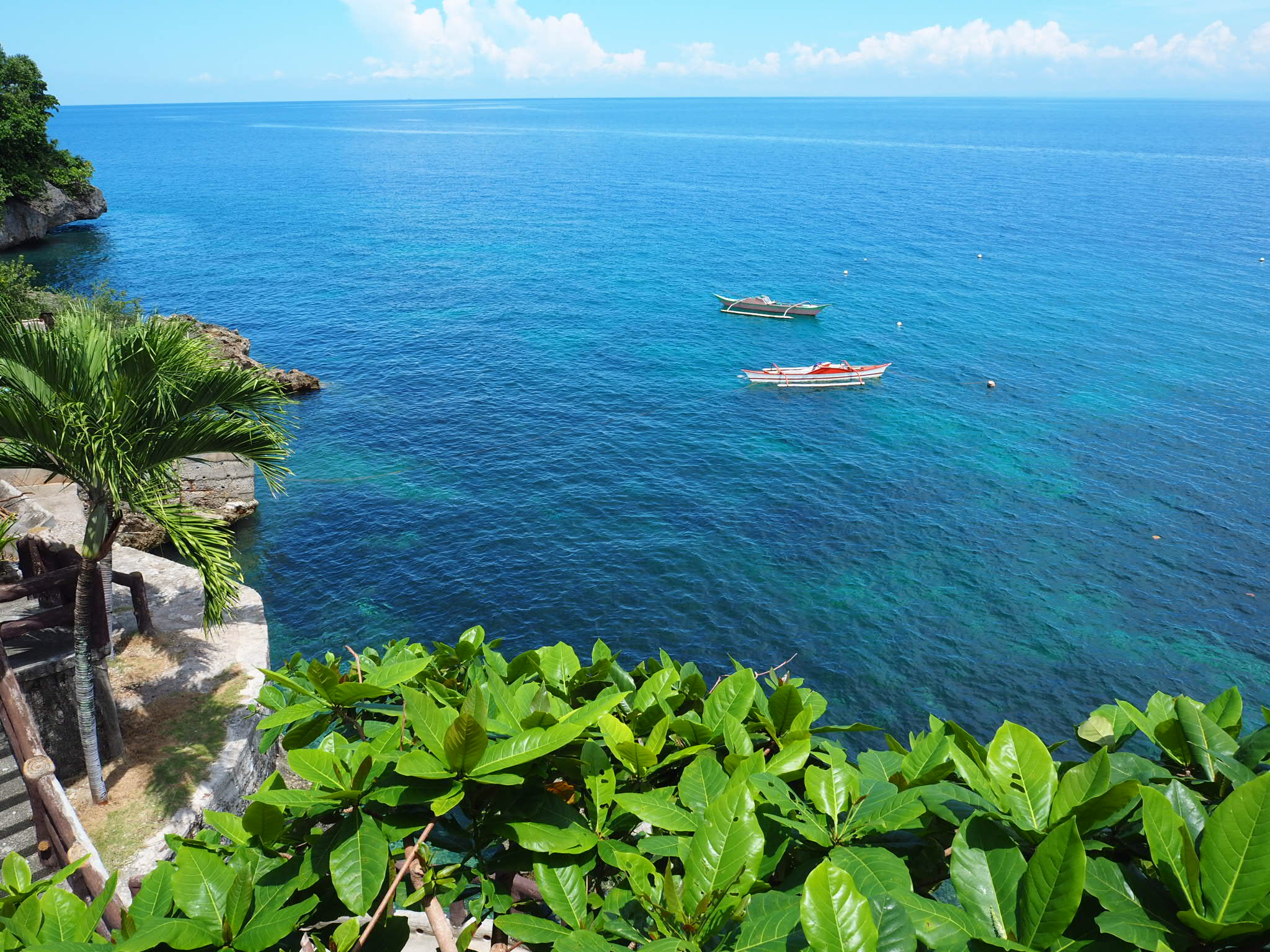Russian in the Caucasus
The Caucasus is one of the most linguistically diverse regions on earth. However from the mid to late 1800’s all the way through to 1991 Russian became a language that initially infiltrated and then completely took over the region when Lenin and his Bolshevik buddies put the Soviet Union together. Despite the Soviet Union’s collapse, ties with the west and the influx of English, Russian still remains a very useful language in the region.
Since the collapse of the Soviet Union in 1991 Georgia, Armenia and Azerbaijan have had varying relationships with mother Russia. After Russian intervention in South Ossetia and Abkhazia, Georgia is pulling away from its former master with aspirations of joining the European Union. Armenia retains reasonably good relations with Russia, whilst at the same time balancing warm ties with the United States, Iran and China. Azerbaijan is now much closer to Turkey and apparently angered Russia when it began exporting its oil through Georgia and Turkey rather than going through Russia and paying them the necessary taxes for transporting their liquid gold.
Do you need to learn Russian?
A common question that many travellers ask before visiting this region is weather Russian is still useful as a language of communication. Hence why we decided to put this post together. We were only in the region for 6 weeks, 3 weeks in Georgia, 2 weeks in Azerbaijan and 1 week in Armenia, so our time was limited. However we can only write from the perspective of our own experience. Thusly we cannot guarantee our experiences will be same for everyone with regards to the usefulness of the Russian language.
How useful is Russian in the Caucasus?
Across the three countries the usefulness of Russian naturally differs. From our experience of being in the region for 6 weeks, it would seem that knowing some Russian is extremely advantageous.
My Russian could be described as being at a “travel” level; I knew basic greetings and adjectives as well as numbers. I also learnt how to tell the time and quite a few words and phrases associated with transportation, accommodation, ordering food and structures for basic sentences. In addition I was able to read the cyrillic alphabet. One of the things that shocked me was that even when I was making horrid grammatical errors, using the wrong verb endings, incorrect cases etc people were still able to understand me. Meaning it’s very possible to put the language you’ve learnt straight into action. This is the complete opposite of learning Mandarin Chinese.
Georgia
Georgia packs a powerful punch. For many, ourselves included, Georgia is the highlight of the region. The scenery is simply incredible. There is a reason that many people believe Georgia to be one of the beautiful countries in the world. On top of this there are fascinating old cities such as Tbilisi and Kutaisi, the wine region of Kaheti and cave cities such as Vardzia and David Gareja. In short there is a lot to see and do. As a result Georgia has a reasonably well developed tourist industry. This, in combination with government initiatives to make English the second language as opposed to Russian, means that in the vast majority of places you are likely to be able to find an English speaker.
A rough rule of thumb is as such; if someone is under 40 they are more likely to understand English, if they are over 40 they are more likely to understand Russian. However this is not always the case.
Restaurants
You are more likely to find English speakers in bigger cities like Tbilisi, Telavi, Sighnagi or Kutaisi. However in smaller towns and villages these chances drop dramatically. That being said, finding an English menu is pretty easy and since most menus have pictures, a lack of English isn’t a huge hinderance here.
We have an article on some of the best things we ate during our 3 weeks in Georgia if you’re looking for recommendations!
Accommodation
This is where English can be very hit and miss with Tbilisi being the obvious exception. We ended up staying in three different places in Tbilisi and at all of them the owners or hosts (2 of them were airbnb’s) spoke excellent English. Outside of Tbilisi it seems like you have a 50/50 chance. In all of our experiences if people didn’t speak English they spoke Russian, so I was able to communicate at a very basic level. At some homestay’s and guesthouses the owners children or relatives are likely to be able to speak English and can help with any translation difficulties. We had plenty of long conversations with our wonderful guesthouse owner in Kutaisi through her daughter’s incredible English.
Russian is useful, but certainly not the end of the world if you can’t speak it.
Transport
At bus and train stations do not expect anyone to speak English. Fortunately my Russian helped us buy train tickets and find marshrutkys in chaotic bus stations. Here Russian is very, very useful.
How useful is Russian in Georgia
The level of English spoken in Georgia is exceptionally high, especially when considering Georgia only really began to pull away from Russia in the mid 2000s. With this change in political direction learning English became far more common. The vast majority of businesses in tourist industry will speak some English. Outside of that Russian is far more useful than English.
Speaking Russian will definitely help and it will make your time in Georgia more convenient and enjoyable. However a lack of Russian is not likely to be a huge issue, but it can make getting around challenging.
If you want to know more about travelling in Georgia check out our articles on driving in Georgia, two amazing walks to explore Tbilisi and tips on visiting Mestia and Kazbegi.
Armenia
A beautiful country with a tortured history. Sandwiched between it’s two enemies (Azerbaijan and Turkey) it manages to maintain good relationships with Russia, Iran and the USA, something very few countries manage to do.
Armenia still has strong relations with Russia and as a result Russian is still commonly spoken. Another reason is that the vast majority of tourists are from Russia.
Restaurants
Most places will have English menus, but do not expect staff to speak English. The majority are far more likely to be more comfortable speaking Russian than English.
Accommodation
Expect to hear choot choot po-angliski (I speak a little bit of English) a lot. Russian was extremely useful for both getting and clarifying information. We only stayed in one place where absolutely no English was spoken and my basic Russian proved to be extremely useful. It was a small place outside of Dilijan, when they realised I spoke a little bit of Russian, they were very keen to chat. However in doing so they grossly over-estimated my skills. Thank goodness for translation apps.
Transport
We were driving, but all of the road signs were in English and Armenian, and occasionally Russian. From what we saw and heard, it seems that when taking buses or taxis Russian is very useful and in some case necessary. We have a handy guide giving you all the information you need for planning a road trip through this beautiful country.
How useful is Russian in Armenia
Russian is extremely useful here. You will find English speakers in Yerevan, but outside of the capital it is certainly not something that should be expected. In fact English is pretty useless with the exception of Yerevan. Even a small amount of Russian will go a long way and you will have a far more rewarding experience for having learnt some.
Azerbaijan
By far the least visited of the three, Azerbaijan is full of stunning scenery, quirky locations and some great local cuisine. From a language perspective you will have very different experiences depending on where in the country you go. We stayed in Baku, Quba, Sheki and Ivanovka. English speakers are pretty common in Baku but anywhere else are pretty rare. Younger people, like their Armenian and Georgian counterparts, are less likely to speak Russian. In Quba, we encountered a number of younger locals who did not understand Russian or English. Elsewhere in the country this was less common, but it certainly wasn’t as commonly spoken as in Georgia and Armenia. That being said, English is almost non existent outside of Baku so Russian is still the more useful language.
Restaurants
A source of joy for the food and frustration with the scams that exist in restaurants. Always ask for a menu. The waiter will most likely say that he is the menu or that there isn’t one, insist on a menu or just get up and walk out. A menu will then magically appear and you can make sure you are charged the correct price for your meal.
In Baku English is widely spoken, but outside of the capital it’s very hard to find. Russian is particularly useful when checking the price of items in a restaurant. Even if there is a menu, the prices may not be on there. A great chance to practice your Russian to clarify the cost of each item you plan to order. Failure to do this could potentially cause you to end up with a rather large bill.
For some recommendations on some of the best things to eat in Azerbaijan, take a look at our article on Azeri cuisine.
Accommodation
Our guesthouses in Quba and Sheki required Russian to do the vast majority of communication. In Ivanovka we were lucky enough to stay at John and Tanya’s guesthouse. Tanya’s son now runs the guesthouse and speaks excellent English.
Russian seemed to be universally understood everywhere we stayed, with the exception of Quba.
Transport
Taxis in Baku may have some English, but Russian is a safer bet. At Koroglu bus station, Avtogazal and Baku Train Station English is pretty much non-existent. A little bit of Russian will save you a lot of time and confusion.
Expect taxis, buses and trains to all require Russian, the chances of finding an English speaker is slim to none. This came in particularly hand when booking train tickets to Sheki and working out which bus would take us to various points on the Absheron Peninsula.
How useful is Russian in Azerbaijan
As in Armenia, Russian is extremely useful. Whilst you may encounter some young people who don’t speak Russian, the majority do speak it. Russian is very much the default language for locals when encountering people who do not speak Azeri or Turkish
Overall
With translation apps you can get yourself over the language barrier. However relying on these is certainly not a foolproof methods as translations are most definitely not 100% accurate. Plenty of experience helping confused tourists in China when google translate gives them something very different to what they want. A little bit of Russian goes a long way, makes your life easier and in some cases i.e. booking train and bus tickets may be absolutely necessary.
Any time you are traveling it helps to learn a few basic phrases in your destinations native language. It makes your time there easier and allows you to build a connection with the local population. Also it’s polite to know a couple of phrases. Quite often we attracted attention from people as I could speak enough Russian to have a very basic conversation. This gave us some wonderful memories from one of the most fascinating regions in the world.

